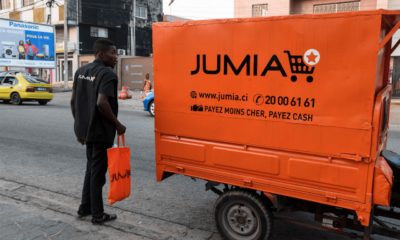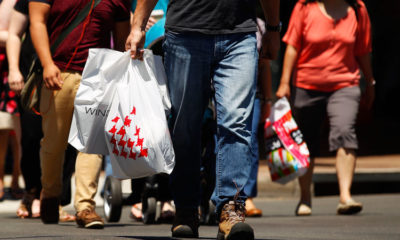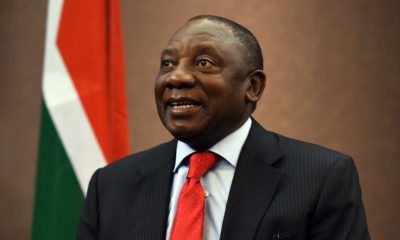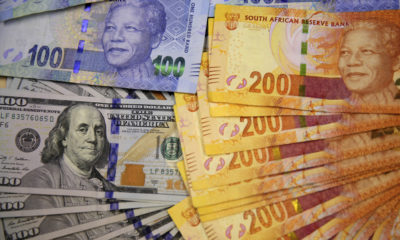The South African rand surged by 1.6% on Monday, its most significant one-day gain since December 14.
This rebound is fueled by investor optimism that the country’s coalition talks will culminate in a market-friendly government.
The rise in the rand, coupled with strong performances in South African stocks and bonds, signals a wave of confidence sweeping through financial markets.
For the first time in three decades, the ruling African National Congress (ANC) failed to secure a majority, obtaining only 40.2% of the vote.
This unprecedented outcome has opened the door to various coalition possibilities, some of which were previously deemed unlikely.
Alliances with the left-leaning Economic Freedom Fighters (EFF) or the newly formed uMkhonto weSizwe Party (MKP) are now on the table.
However, investors are particularly hopeful for a coalition with the largest opposition party, the Democratic Alliance (DA), which is seen as more conducive to economic stability and reform.
“Our perception is that the market views a potential coalition with the DA as overall benign albeit fragile,” commented Yvette Babb, a portfolio manager at William Blair Investment Management. “A formal alliance with the DA would be most supportive and perhaps give rise to a rally in asset prices. However, we believe there may be an enduring rise in the South African risk premium given the increase in implementation risks.”
South African assets experienced significant volatility during the initial hours of trading on Monday but ended the day on a more stable footing.
The FTSE/JSE All Share Index concluded the day as the second-best performing equity gauge in dollar terms among the 92 indexes monitored by Bloomberg.
Moreover, South Africa’s dollar bonds were among the top performers in Bloomberg’s index of emerging and frontier sovereign Eurobonds.
Finance Minister Enoch Godongwana assured that the ANC would not make reckless decisions in selecting a coalition partner, emphasizing the importance of maintaining investor confidence and economic policy continuity.
Current coalition discussions involve potential alliances with the EFF, the MKP, and the DA.
The ANC has ruled out a demand by the MKP that President Cyril Ramaphosa step down, considering instead a minority government or a “confidence and supply” agreement to ensure stability.
Citigroup’s economist Gina Schoeman noted that a minority government led by the ANC would create “parliamentary uncertainty and instability.”
A pact with the DA, on the other hand, would be welcomed by financial markets, potentially accelerating economic reforms and privatization initiatives. Many analysts consider this scenario to be more likely.
Despite the setback at the polls, the ANC remains South Africa’s largest party. Investors are cautiously optimistic that a coalition with the DA will emerge, fostering a conducive environment for economic growth.
Sebastien Barbe, head of emerging market research at Credit Agricole, pointed out that while the rand’s current levels are not particularly stretched, the political uncertainty adds to downside risks.
“The higher risk premium that would arise as a result of a coalition between the ANC, EFF, or the MKP is reason alone to not enter such a coalition,” Schoeman said, attributing only a 15% probability to this outcome. Barbe added, “The rand at current levels is not particularly stretched, and the carry is decent, so this may limit some possible depreciation pressure that would come from political uncertainty.”
As the deadline of June 17 for swearing in a new government approaches, investors and analysts alike will be closely monitoring the coalition talks.
The outcome of these negotiations will undoubtedly have far-reaching implications for South Africa’s economic trajectory and investor sentiment in the coming months.


 Naira4 weeks ago
Naira4 weeks ago
 News3 weeks ago
News3 weeks ago
 Education4 weeks ago
Education4 weeks ago
 Social Media4 weeks ago
Social Media4 weeks ago
 Technology4 weeks ago
Technology4 weeks ago
 Dividends4 weeks ago
Dividends4 weeks ago
 Investment4 weeks ago
Investment4 weeks ago
 Economy4 weeks ago
Economy4 weeks ago


























